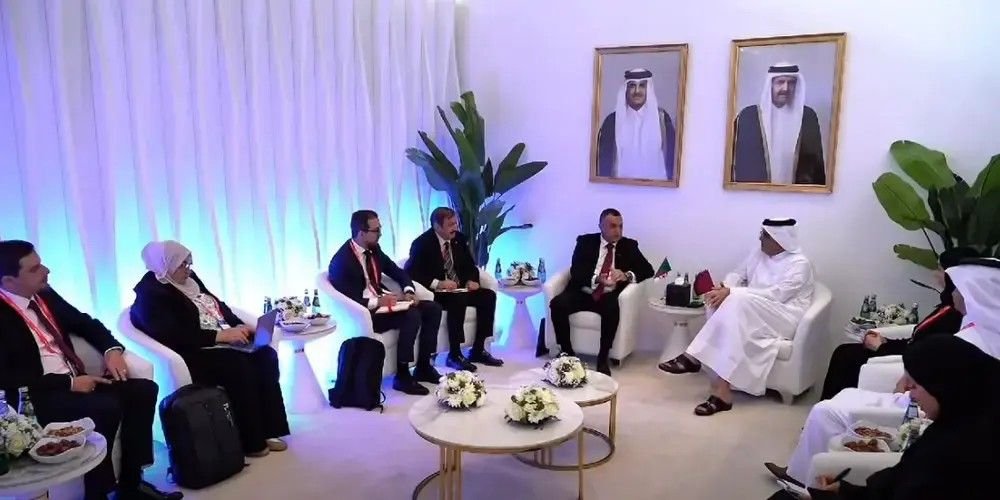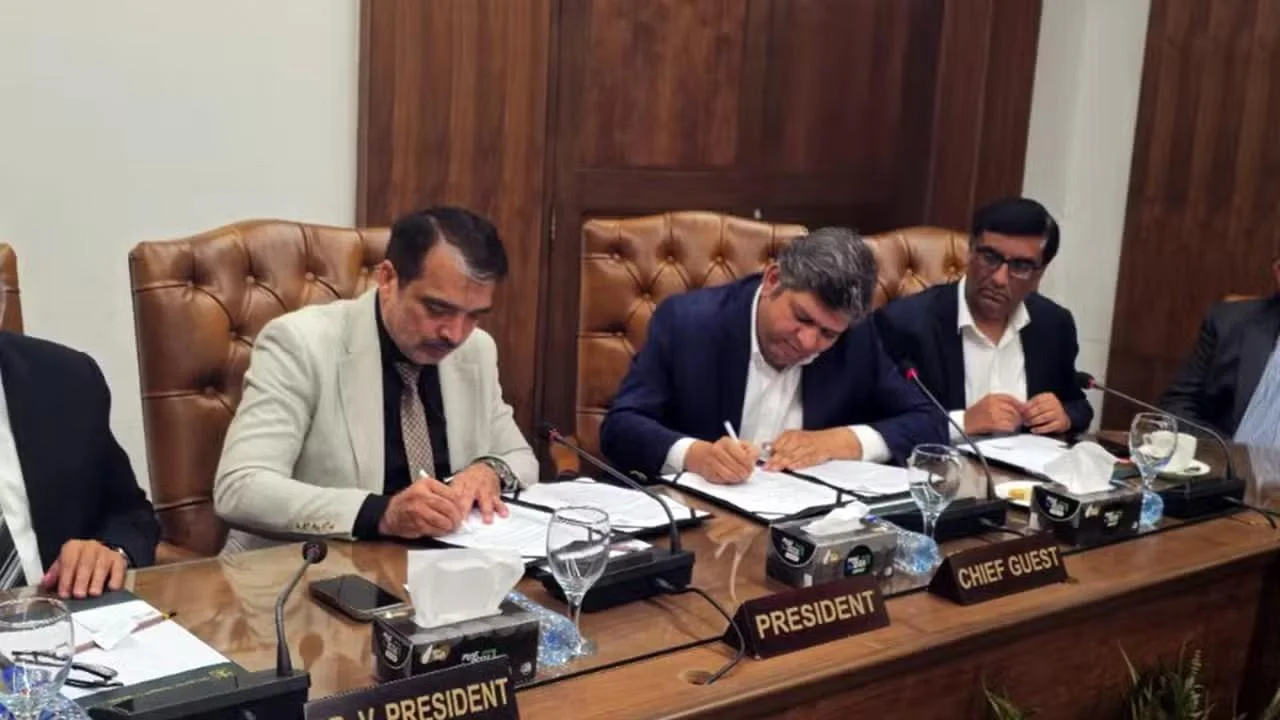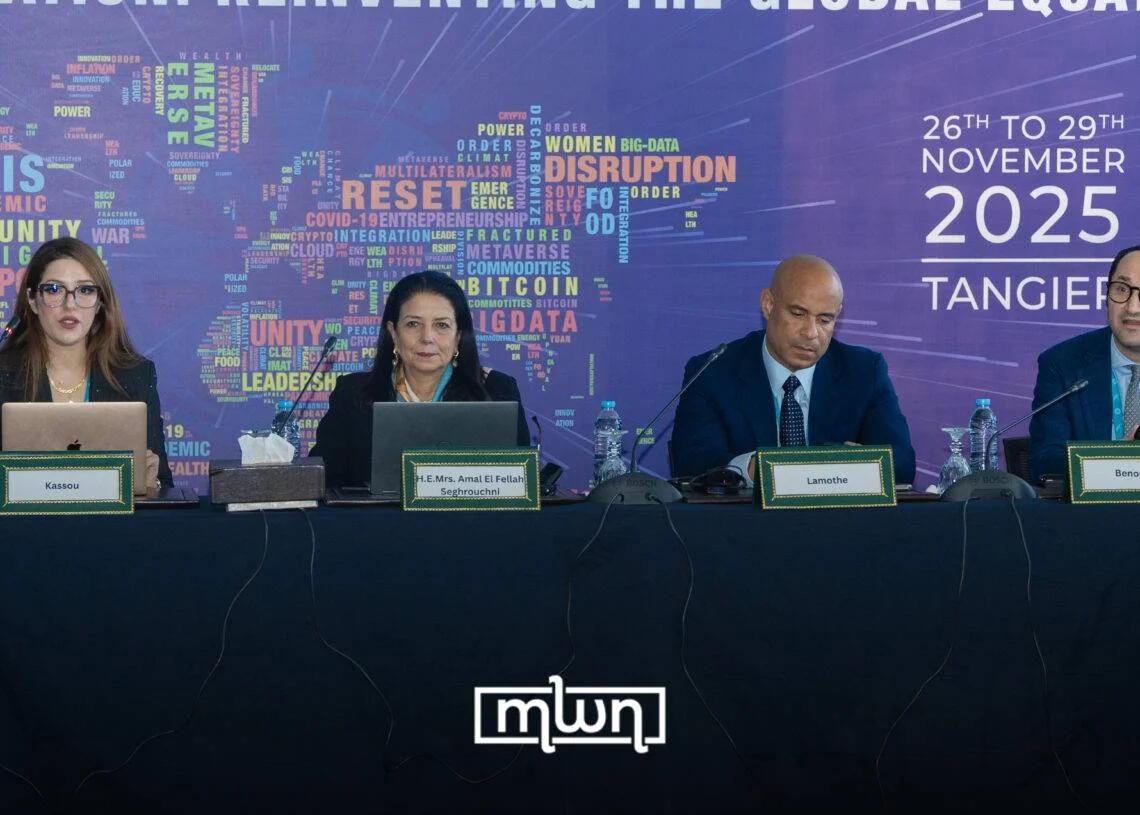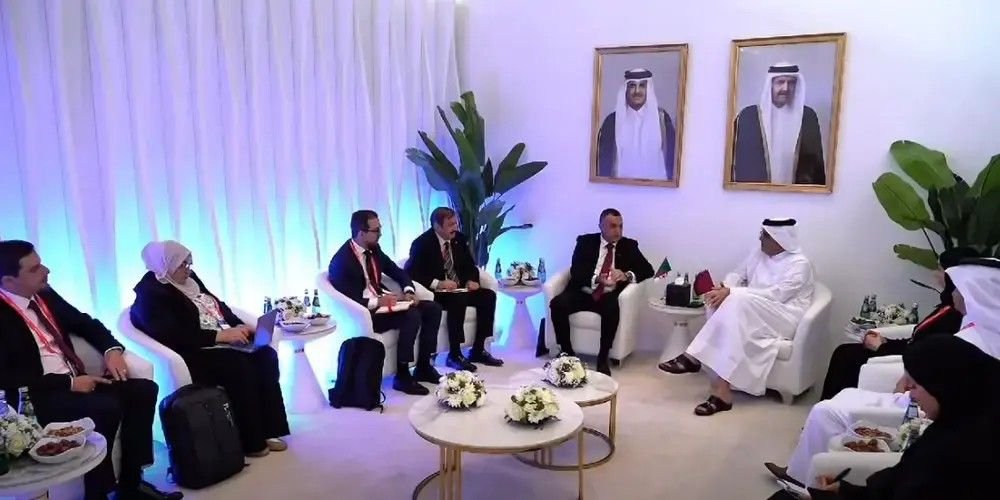Telecom operators in Pakistan have outlined essential conditions for the successful rollout of 5G services, emphasizing the need for local currency payments, staggered payment plans, reduced taxes, and sufficient spectrum availability in the 2600 MHz band. These measures aim to address industry challenges and ensure sustainable 5G deployment.
According to reports, the Pakistan Telecommunication Authority (PTA) has engaged National Economic Research Associates Inc. (NERA), a consultancy firm, to develop a 5G spectrum allocation policy framework. NERA is currently assessing the financial health of the telecom sector and exploring new auction models to attract investment and support the next phase of connectivity.
NERA’s discussions with major telecom operators have focused on issues such as taxation, handset affordability, and spectrum pricing. Operators have called for moratoriums on payments and quality-of-service requirements, as well as the formal recognition of the telecom sector as an industry to help alleviate revenue pressures and operational challenges.
One of the most pressing concerns is spectrum availability. The current 140 MHz allocation in the 2600 MHz band is considered insufficient for effective 5G deployment. Telecom operators are pushing for a balanced spectrum allocation framework to ensure fair access and long-term network sustainability.
Operators have also stressed the importance of a phased “4G for all” approach to address existing connectivity gaps before fully transitioning to 5G services.
A representative from a leading telecom company stated, “5G must be built on a solid policy framework that ensures it benefits consumers while enabling sustainable growth for operators.”
The telecom industry is now awaiting NERA’s recommendations, which are expected to shape Pakistan’s 5G strategy and contribute to a competitive and inclusive telecommunications ecosystem.















